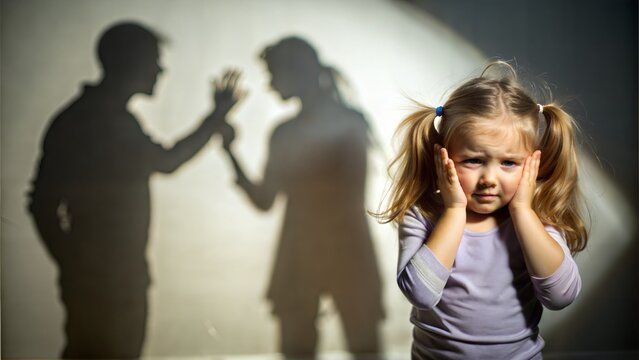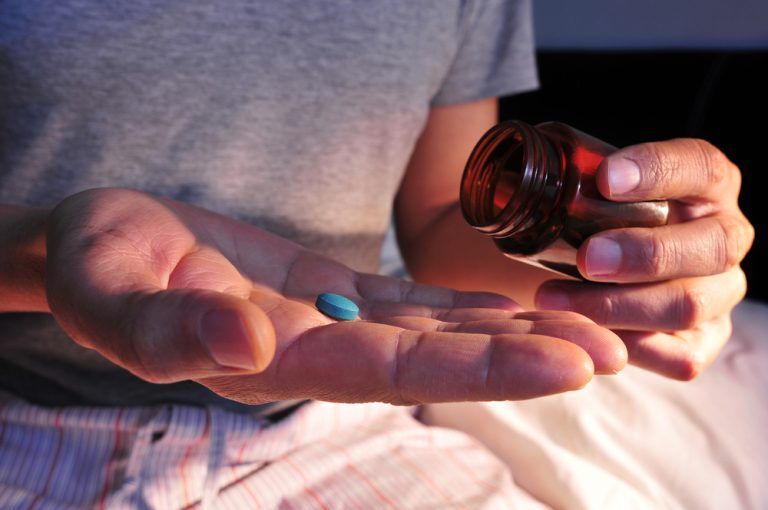Childhood Trauma: Side Effects and the Path to Recovery
Advance Minds Blog
A safe space to explore subjects within the community such as mental health, substance abuse and personal identity.
Our safe space also provides the opportunity for real individuals to express their hardships and success through writing.
Childhood Trauma: Side Effects and the Path to Recovery

Childhood trauma refers to deeply distressing or disturbing experiences that occur during early development. These can include physical, emotional, or sexual abuse, neglect, parental abandonment, domestic violence, bullying, or growing up in an unstable home environment.
Traumatic experiences in childhood shape brain development, emotional regulation, and self-perception, often leading to long-term effects on mental, emotional, and physical health.
The good news? Healing is possible. Understanding the effects of childhood trauma and seeking the right support can help individuals break free from the past and build a healthier, happier future.
Side Effects of Childhood Trauma
Emotional & Psychological Effects:
Anxiety and Chronic Stress – Trauma can put the nervous system in a constant state of "fight or flight," making it difficult to relax.
😔
Depression and Low Self-Esteem – Childhood experiences shape self-worth, and trauma can lead to persistent feelings of unworthiness or sadness.
🔥
Difficulty Regulating Emotions – Trauma survivors may struggle with intense emotions, outbursts, or emotional numbness.
💔
Relationship Struggles & Trust Issues – Fear of abandonment, difficulty opening up, or choosing toxic relationships can stem from unresolved trauma.
🎭
Dissociation – Some survivors emotionally disconnect from experiences, feeling detached or "numb" as a way to cope.
Behavioral Effects:
🚨 Engaging in Risky Behaviors – Substance abuse, self-harm, or reckless actions can be coping mechanisms to escape emotional pain.
🚪
Avoidance of Social Situations – Social withdrawal, fear of intimacy, or isolation are common responses to childhood trauma.
🔁
Repetitive Unhealthy Relationship Patterns – Many survivors unconsciously seek relationships that mirror their childhood experiences, even if they were harmful.
📏 Perfectionism or People-Pleasing – The need to gain approval or avoid conflict often develops as a survival mechanism in childhood.
Physical Health Effects:
💢 Chronic Pain & Unexplained Illnesses – Unresolved trauma can manifest in the body as headaches, stomach issues, or muscle tension.
💤
Sleep Disorders – Nightmares, insomnia, or restless sleep are common in individuals with trauma histories.
❤️
Higher Risk of Heart Disease & Other Health Conditions – Chronic stress from trauma increases inflammation and impacts overall physical health.
Path to Recovery from Childhood Trauma
While childhood trauma can feel like a lifelong burden, healing is absolutely possible. With the right tools and support, survivors can regain control over their emotions, relationships, and future.
✅ Therapy & Professional Support – Cognitive Behavioral Therapy (CBT), Eye Movement Desensitization and Reprocessing (EMDR), and trauma-focused therapy help process traumatic memories and reframe negative thought patterns.
✅ Emotional Regulation & Mindfulness – Learning coping mechanisms, such as deep breathing, meditation, and journaling, can help reduce emotional distress and create a sense of inner calm.
✅ Building a Healthy Support System – Surrounding yourself with positive relationships—friends, family, support groups, or a therapist—can create a safe environment for healing.
✅ Rewriting Your Story – Trauma does not define who you are. Through self-awareness and self-compassion, individuals can reclaim their identity and build a future free from the limitations of the past.
✅ Self-Care & Setting Boundaries – Taking care of your mental and physical well-being, while learning to set boundaries with toxic relationships, is an essential step in recovery.
Final Thoughts
Childhood trauma can have lasting effects, but it does not have to dictate the rest of your life. Healing is a journey, not a destination, and every small step toward self-awareness and growth is a victory.
If you or someone you love is struggling with the effects of childhood trauma, know that help is available. At Advance Minds, we provide trauma-informed therapy designed to help individuals process their past, develop healthier coping strategies, and build fulfilling lives. You are not alone, and you deserve healing.
















